SUMMARY
This is AI generated summarization, which may have errors. For context, always refer to the full article.
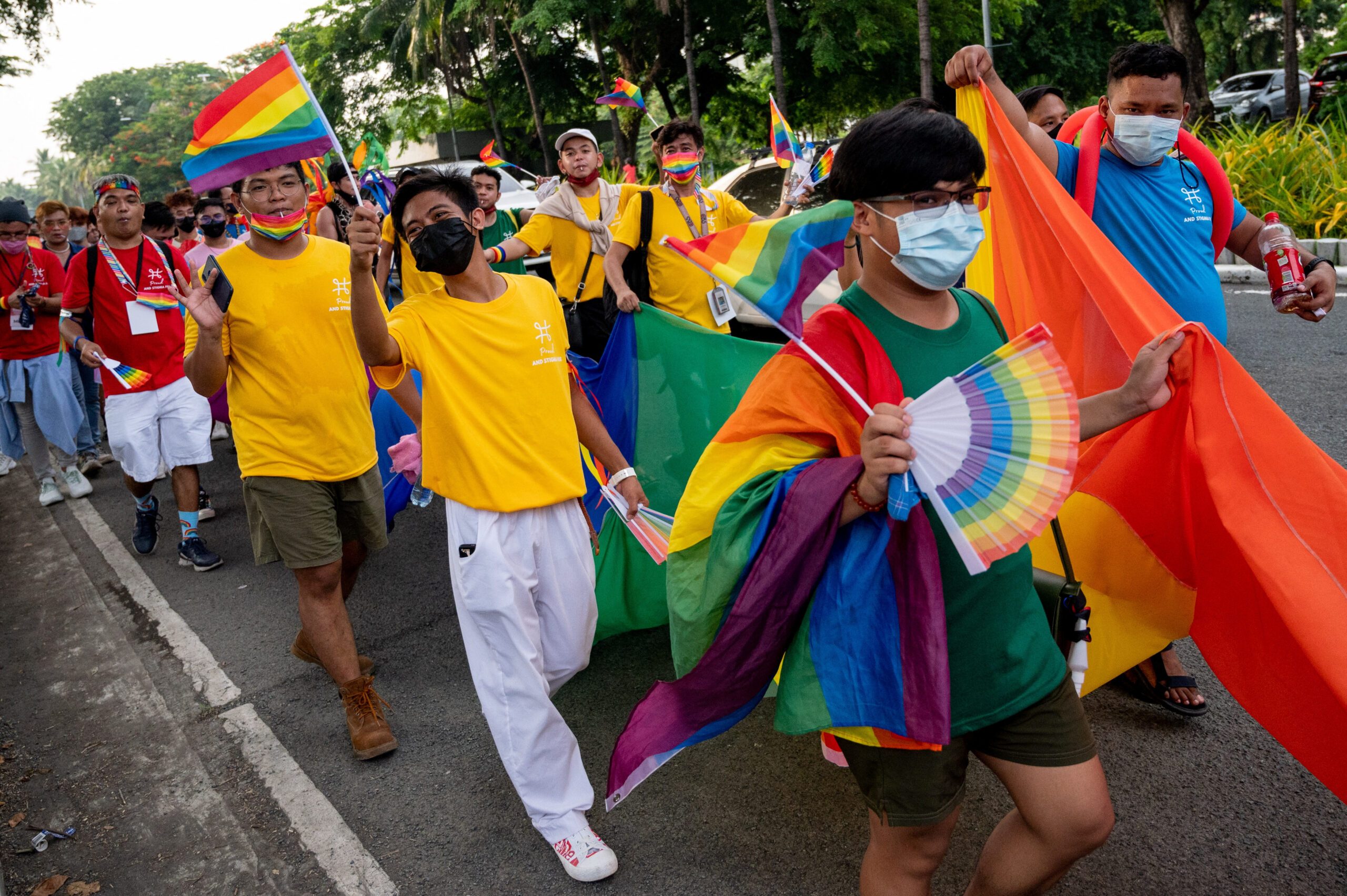
MANILA, Philippines – As in past sessions, the 18th Congress came to a close without passing the SOGIE (Sexual Orientation, Gender, Identity, and Expression) anti-discrimination bill.
Members of the LGBTQ+ (lesbian, gay, bisexual, transgender, queer+) community have been fighting for the passage of this bill, which would penalize discrimination based on any Filipino’s SOGIE. It has been repeatedly filed in Congress for over two decades. (TIMELINE: SOGIE equality in the Philippines)
The 1987 Constitution provides for the state’s commitment to upholding the dignity and equality of all persons. The Philippines also vowed to safeguard the dignity of its people by signing several international covenants, such as the International Covenant on Economic, Social, and Cultural Rights or ICESCR, and the International Covenant on Civil and Political Rights or ICCPR.
The promise to protect the LGBTQ+ remains on paper, however, and the community continues to suffer hate crimes and abuse.
But while a national law has yet to be enacted, some local governments from across the country have passed ordinances that accomplishes the same goals as the proposed bill in Congress.
Here are some of them:
Luzon
Quezon City
Quezon City passed its Gender-Fair Ordinance in November 2014. It bans discrimination against LGBTQ+ members in their workplaces and educational institutions, and in the delivery of goods and services.
Verbal and non-verbal harassment against LGBTQ+ persons is not allowed in the city.
Transgender woman Gretchen Custodio Diez was shocked when she was barred from entering a women’s restroom of a Cubao mall in August 2019. Here, she had an altercation with a janitress, and was later cuffed, arrested, and detained by cops. (READ: Trans woman Gretchen Diez: I didn’t think I’d be treated like a criminal)
After her case went viral, Mayor Joy Belmonte later confirmed that the mall violated the Gender-Fair Ordinance.
Manila
In October 2020, then-Manila mayor Isko Moreno Domagoso signed the Manila LGBTQI Protection Ordinance. This made gender discrimination banned in the national capital.
In Ordinance No. 8695, discrimination is defined as “any distinction, exclusion, restriction, or other differential treatment that is directly or indirectly based on sexual orientation, gender identity and expression which has the intention or effect of nullifying or impairing the recognition, enjoyment or exercise on an equal footing of political, civil, economic, social, and cultural rights.”
Examples of banned acts of gender-based discrimination include denying or limiting employment opportunities, denying access to establishments, verbal or written insults, and physical and verbal harassment.
The ordinance also creates a Manila Gender Sensitivity and Development Council to handle harassment cases and recommend anti-discrimination policies to the city council.
Bataan
Bataan, bailiwick of the first transgender congresswoman Geraldine Roman, passed a SOGIE anti-discrimination ordinance in October 2021.
“I’m so proud of Bataan for many things, but I am even prouder of my province after learning that the Sangguniang Panlalawigan of Bataan has passed an ordinance prohibiting discrimination on the basis of Sexual Orientation, Gender Identity and Expression,” said Bataan 1st District Representative Roman in a Facebook post.
Roman said the achievement must be seen as a challenge for Congress to pass the national SOGIE bill.
Visayas
Cebu City
The LGBTQ+ community in Cebu celebrated the Pride Month of 2022 with a victory: the Cebu City council’s unanimous passage of the Sexual Orientation, Gender Identity and Expression, and Sex Characteristics (SOGIESC) Equality ordinance.
Cebu City actually had an Anti-Discrimination Ordinance in 2012, but advocates said it was not effective in upholding the sector’s rights. Magdalena Robinson, founder of Cebu United Rainbow LGBT Sector (CURLS), said that parts of the ADO were too generic and led to loopholes in enforcement.
The new Ordinance 2660 prohibits physical, verbal, or written harassment, vexation, public humiliation, invasion of personal autonomy, disallowing access to government services, economic opportunities, healthcare, and other essential needs.
Offenders can face jail time of up to 30 days.
Iloilo City
In 2018, Iloilo City passed its own anti-discrimination ordinance, banning and penalizing acts of discrimination based on sex, gender identity, sexual orientation, race, color, descent, ethnic origin, and religious beliefs.
Penalties range from a P1,000 fine to 15 days in jail.
Two years later, when the coronavirus pandemic struck, the city council passed an amendment, prohibiting discrimination against health workers.
During Iloilo City’s Pride March on June 25, 2022, advocates continued the call for better implementation of the ordinance. Gabriel Felix Umadhay, lead convenor of the Iloilo LGBTQIA+ Network and head of the city’s Office of LGBT Affairs, said many government services remained “limited to cisgender persons.”
Lapu-Lapu City
In August 2023, Lapu-Lapu City became the last of Metro Cebu’s three highly urbanized cities to pass its own anti-discrimination ordinance.
The measure prohibits acts such as denying a job or school application, limiting access to government services, workplace harassment, among others due to one’s sexual orientation, gender identity or expression.
Individuals who violate the ordinance will either pay P1,500 to P2,500 or render 48 to 80 hours of community service. Meanwhile, erring establishments would have to pay P4,000 to P5,000 and risk having their business permits revoked.
The ordinance also mandates the city government to establish a “City SOGIESC Council” and set aside P1 million from its Gender and Development Fund annually for the implementation of programs and assistance to victims of discrimination.
It also requires city hall and companies operating in the city to reserve at least 1% of their workforce for members of the LGBTQIA+ community.
Mindanao
Davao City
In 2012, Davao City made illegal discrimination based on one’s sex, sexual orientation, and gender identity. People in Davao City could no longer refuse, based on SOGIE, someone’s employment application, a student’s admission, or requests to avail themselves of goods or services.
Establishments, like restaurants, bars, stores, movie theaters, malls, also cannot refuse entry to people based on their SOGIE, religious affiliations, national or ethnic origins, or race.
The ordinance prohibits acts which would “demean the dignity and self-respect of a person” and steps on their basic freedoms.
Penalties range from a P1,000 fine to jail time of 15 days.
Zamboanga City
In October 2020, then-Zamboanga City mayor Beng Climaco approved Ordinance 543 or the Comprehensive Anti-Discrimination Ordinance. This not only penalizes discrimination against SOGIE, but also other sectors prone to marginalization.
The ordinance is meant to protect discrimination on the basis of:
- SOGIE
- Race
- Color
- Civil and social status
- Language
- Religion
- National or social origin
- Culture and ethnicity
- Property
- Birth or age
- Disability and health status

President Ferdinand Marcos Jr. has yet to express enthusiasm to push for a national anti-discrimination law. Will the Philippines join other countries – such as Taiwan, France, and Canada – in passing national legislation to shield the LGBTQ+ community from abuse?
Panglima Sugala, Tawi-Tawi
Local officials of Panglima Sugala, Tawi-Tawi, passed their anti-discrimination ordinance in May 2023. The news of the measure’s passage was first announced by the German embassy in Manila in October 2023 through a social media post.
According to a copy obtained by Rappler, the measure prohibits denial of access to public services, student admission, and medical help, among others, to members of the LGBTQ+ community.
It also bans citizens from subjecting members of the LGBTQ+ community to medical or psychological services without their consent.
Any person who violates the ordinance will face a fine of P1,000 and/or face at most six months in prison. Violators will also be required to undergo an anti-discrimination seminar.
Mindanao LGBTQ+-based organization Mujer-LGBT Organization lobbied for the measure with the help of the German embassy and the Commission on Human Rights’ Human Rights Institute.
– with reports from Rambo Talabong, John Sitchon, Joseph B.A. Marzan/Rappler.com
Add a comment
How does this make you feel?
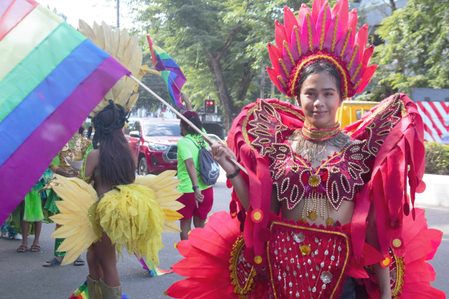
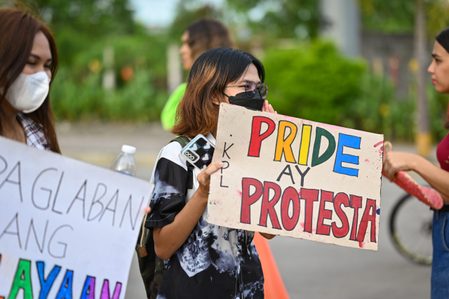

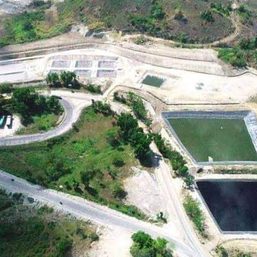
![[Rappler’s Best] The elusive big fish – and big fishers](https://www.rappler.com/tachyon/2024/04/The-elusive-big-fish-%E2%80%93-and-big-fishers.jpg?resize=257%2C257&crop=220px%2C0px%2C720px%2C720px)
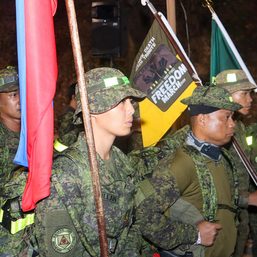








![[The Slingshot] Lito Patay’s 4 hours and 38 minutes of infamy](https://www.rappler.com/tachyon/2024/07/Lito-Patay-4-hours-infamy-July-19-2024.jpg?resize=257%2C257&crop=233px%2C0px%2C720px%2C720px)

![[Pastilan] The Great Philippine Identity Sale](https://www.rappler.com/tachyon/2024/07/great-philippine-identity-sale-july-16-2024.jpg?resize=257%2C257&crop=486px%2C0px%2C1080px%2C1080px)






![[Ilonggo Notes] Exploring Plaza Libertad, Iloilo’s first town square](https://www.rappler.com/tachyon/2024/07/plaza-libertad-guimaras-from-city-hall.jpg?resize=257%2C257&crop=574px%2C0px%2C640px%2C640px)


![[OPINION] Poverty is not a hindrance to success – that is a lie](https://www.rappler.com/tachyon/2024/06/Poverty-is-not-a-hindrance-to-success-%E2%80%93-that-is-a-lie-june-10-2024.jpg?resize=257%2C257&crop_strategy=attention)





![[Uncle Bob] No whores at the Oarhouse](https://www.rappler.com/tachyon/2024/06/oarhouse-june-28-2024-2.jpg?resize=257%2C257&crop=414px%2C0px%2C1080px%2C1080px)


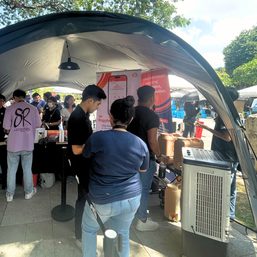
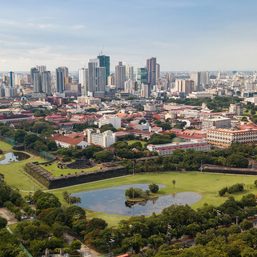










There are no comments yet. Add your comment to start the conversation.